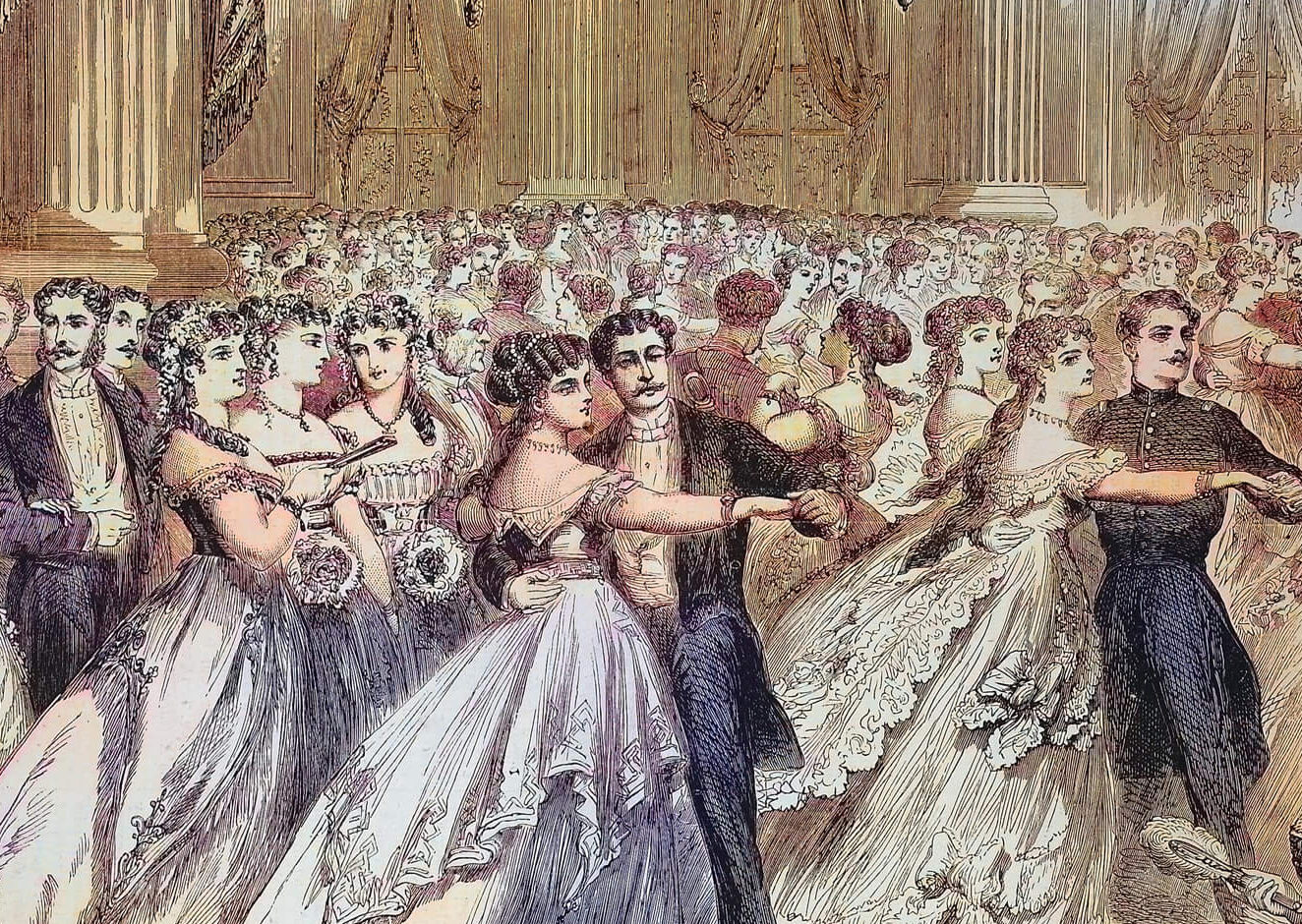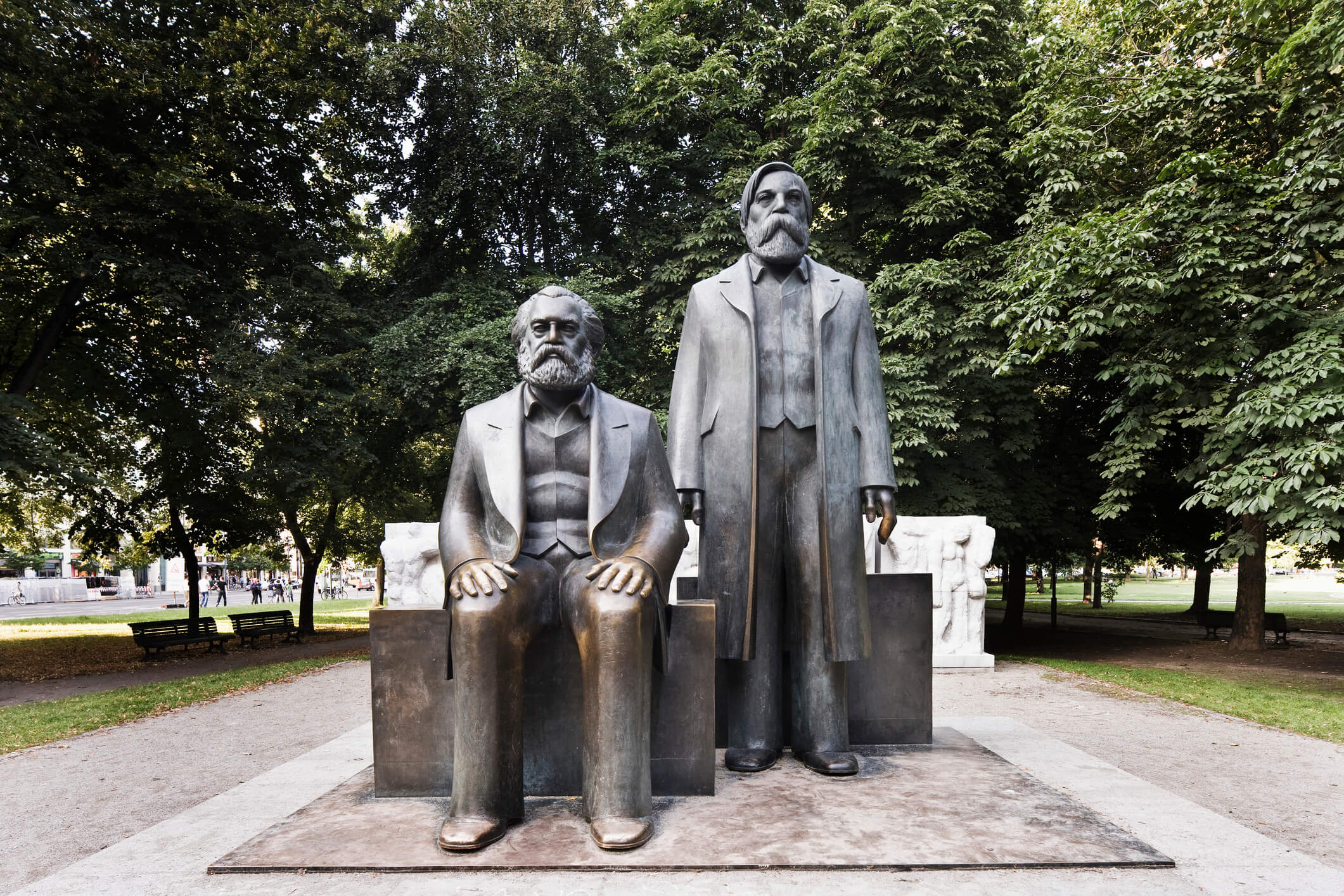In her introduction to Dante’s Inferno Dorothy Sayers writes that reading the Inferno without reading the Purgatorio and the Paradisio is like visiting a house without leaving the cellar. In the spirit of Halloween, I’m going to say reading Russell Kirk’s political and cultural writings without reading his fiction is like exploring your grandparents’ house without exploring the attic.
Although Kirk has been one of my favorite political and cultural thinkers for a while, I didn’t discover his fiction until a few weeks ago when a friend recommended his ghost stories. After finally reading Ancestral Shadows, I realized Kirk’s ghost stories were more than a superfluous flourish to his whimsical eccentricity, but an essential dimension in his “gothic imagination” where the reality of mystery and truth stood key. Kirk explains the importance of the genre,“Unlike the True Narration, the fictional ghostly tale can possess a plot, theme and purpose. It can piece together in some pattern the hints which seem thrown out by this vision or that haunting or some case of second sight. It can touch keenly upon the old reality of evil—and upon injustice and retribution. It can reveal aspects of human conduct and longing to which the positivistic psychologist has blinded himself. ”
Kirk’s love of ghost stories explains why he called Halloween one of his favorite holidays. Halloween is a robust acknowledgement that there are dimensions of life outside the domain of scientism. Stripping the holiday of fear and goblins cheats Halloween of its rich symbolic language which has the power to speak truth to our skeptical society. The macabre, spooky side of Halloween lingers as a hopeful remnant of our culture’s supernatural sense reminding us that “there are more things in heaven and earth than in your philosophy Horatio.”
Halloween is the rare occasion where it becomes socially acceptable to acknowledge evil, death, mystery, and hell in the nihilistic modern world. Despite the media’s desire to secularize Halloween into a holiday about candy and skimpy costumes, the popularity of haunted houses, ghost tours, and corn mazes suggest Halloween still isn’t a comfortable holiday-and we shouldn’t make it one. Death and evil haunt our existence in this world. Lulling to sleep our awareness of evil does not make it disappear. Just as deluding ourselves about the reality of our soul does not rid us of a restless longing for God. With its ghosts, cemeteries, zombies, skeletons and vampires, Halloween evokes a fear of the uncontrollable unknown.
As Chesterton put it, “all life is an allegory, and we can understand it only in parable.” Like Kirk’s characters live in the drama of his story, we must also accept our lives as a dramas imbued with mystery where our choices matter, death is real, and our fate is unknown.














